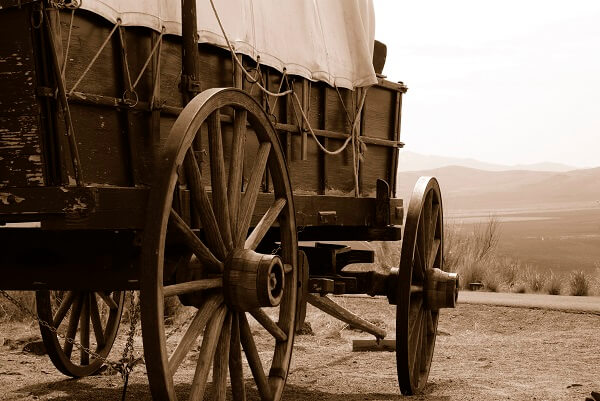by Craig Cable
I once took a call from a church elder who was inquiring about a documentary that Group produced called When God Left the Building. It’s wasn’t uncommon for me to field inquiries about the premise of the film and our motives behind its enigmatic title.
As I was explaining the film and guiding this elder through a series of (what I thought were) challenging and thought-provoking questions, he stopped me mid-sentence and said, “Wait a minute! Is this film driving toward getting the church to change? If so, I’m not interested.”
He went on to tell me that most of the churches in his city—including his—are declining, but he had an obvious solution, and it didn’t require the church to change. His solution was to close the other churches and redirect those congregations to his.
His rationale was based on two concerns: (1) He was seeing the “wrong” type of people moving into the churches’ neighborhoods. (2) He realized that all the churches in his area are likely to die, so he felt it would be better to draw everyone back to one centralized location for their short-term self-preservation.
At that very moment, a thought popped into my head: “They’re circling the wagons.”
The term “circle the wagons” is rooted in the 19th century when hundreds of thousands of people migrated West in horse-drawn covered wagons to start new lives. We’re most familiar with the term as it relates to defending the settlers against marauding Native Americans and outlaw gangs. But circling the wagons was also a way to keep valuable possessions like cattle and horses within the safety of the perimeter so they didn’t wander off and get lost.
If the church in America has become fixated on keeping the “right” people in and the “wrong” people out, I believe we may have completely lost sight of our mission.
In their book Church Refugees, sociologists Josh Packard and Ashleigh Hope describe qualitative and quantitative research that reveals the primary reasons Americans are leaving the institutional church in unprecedented numbers.
The research shows that over 30 million people are “done” with church but aren’t done with Jesus. In many cases, they feel the church is actually impeding their ability to grow in faith. As much as the church wants to confine these people within the safety of the circled wagons, they’re finding their way out. And most aren’t coming back.
In my role as the national director of Lifetree Café, I helped hundreds of churches across the country plant Lifetree Café ministries in their communities. I’ve watched many Lifetree Cafés flourish, and I’ve watched some languish and die.
When a Lifetree Café doesn’t bear fruit, one of the most common reasons is that the people involved in the ministry are invited into conversations they don’t want to have with people they don’t want to talk to. On the other hand, Lifetree Cafés that are thriving and multiplying actively seek out people with different perspectives and opinions and love the diversity and richness of the resulting conversations.
While one camp is more focused on circling the wagons to keep the wrong views out, the other camp leaves the perimeter to fearlessly explore new lands and relationships, confident in God’s willingness to show up in each encounter and conversation.
I think I understand why pastors and church leaders are tempted to circle the wagons. There’s a sense of security in the known; venturing into the unknown is risky. Most of us are wired to avoid risk.
But consider for a moment the story of the 12 scouts sent by Moses and Aaron to explore Canaan. They found that the land was bountiful, flowing with milk and honey. Even so, all of the scouts except Caleb were overcome by fear and were unwilling to claim the territory in the name of the Lord. Their fear was so great that many were even willing to return to the bondage of Egypt (the known) rather than step out in faith and explore the land the Lord had prepared for them (the unknown).


